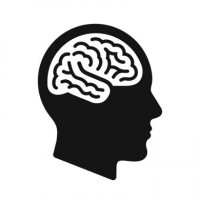The research line Psychopharmacology in Health and Medical Psychology utilizes innovative rigorous experimental and prospective methods including neuroimaging approaches in a translational approach.

By means of controlled pharmacological interventions or cyclic variations in endogenous hormonal/neurotransmitter states, insights are gained into mind-body interactions across the lifespan.
Research focuses on the neurochemical basis of various behavioral and cognitive functions such as expectations, placebo/nocebo effects, memory, attention, psychomotor performance, and mood.
Research lines in which basic research questions and applied research approaches are used with the aim to improve health and health conditions include:
- Pain and cognition: Deepening our understanding of the underlying mechanisms (e.g., gonadal hormones) of pain and cognition with the intention to develop preventative measures and rehabilitation programs.
- Neurobiology of placebo and nocebo effects: Gaining insights into the underlying neurochemical basis of expectation mechanisms in the treatment of somatic complaints. The role of pharmacological agents is studied in two ways: 1) to study possible neurochemical mediators of placebo and nocebo effects (e.g., NMDA receptors) and 2) to study pharmacological learning (conditioning) processes as an example how learning processes can affect our bodily responses (e.g., ‘learned immune system’).
- Neurochemical basis of behavior and cognition: Studying the effects of pharmacological treatment on behavior and cognition by using brain imaging methods. As risk factors for later psychosocial problems, focus is also on the early life period and on stress. Other key topics are resilience factors and neuroplasticity of the brain.
For more information, click here
